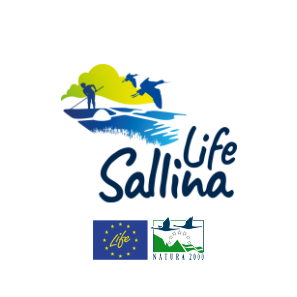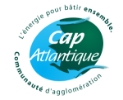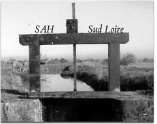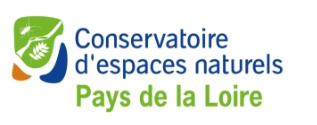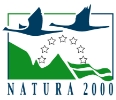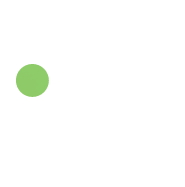Why do we need to protect biodiversity?
Biodiversity covers all natural environments and living organisms (plants, animals, fungi, bacteria, etc.) as well as all the relationships and interactions that exist, on the one hand, between living organisms themselves, on the other hand, between these organizations and their living environments. All species, of which man is a part, are therefore linked and the disappearance of species compromises natural balances. Indeed, each species is unique and irreplaceable, and its disappearance, irreversible, can have important and unpredictable consequences on other species.
Biodiversity has direct economic importance: wood, food, medicines
It provides many services: oxygen production, water purification, climate balance, pollination…
It is also of prime aesthetic, recreational and cultural value.
Why do we need to preserve salt marshes?
The salt marshes provide many services, so it is essential to maintain and preserve them. They have great value for:
- Regulatory services: buffer role against marine submersions, role of purifying the water filtered by the vegetation of the banks of the canals thus allowing a better quality of water on which downstream oyster farming activities, professional fishing and leisure or swimming.
- Supply services: salt / salt marshes support very specific economic activities such as saliculture, oyster farming and extensive livestock farming. They are also popular for hunting and fishing.
- Cultural services through their unique landscapes, the leisure activities they host and their scientific and educational value.
- Biodiversity services: marshes are part of the wetlands which host 30% of remarkable plant species and 50% of birds in France.
A study led by the Water Agency in 2011 estimated that the ecosystem services provided by the Breton Marsh would have an economic value of between 800 and 1,500 € / ha / year.
Besides preserving biodiversity, what will the LIFE Sallina project be used for?
The LIFE Sallina project, by restoring habitats and species, will also contribute to:
- The creation of direct jobs (for the implementation and coordination of the project) or indirect (through the use of companies and integration sites).
- The installation of salt workers on 5 to 10 salt pans.
- Improved water quality in the Guérande marsh by maintaining the belt ditches, thereby improving their filtration role.
- Flood prevention by improving the storage capacity of basins after cleaning.
- Preservation of the landscapes of the salt / salt marshes of the Pays-de-la-Loire.
- A tourist offer focused on preserving biodiversity.


